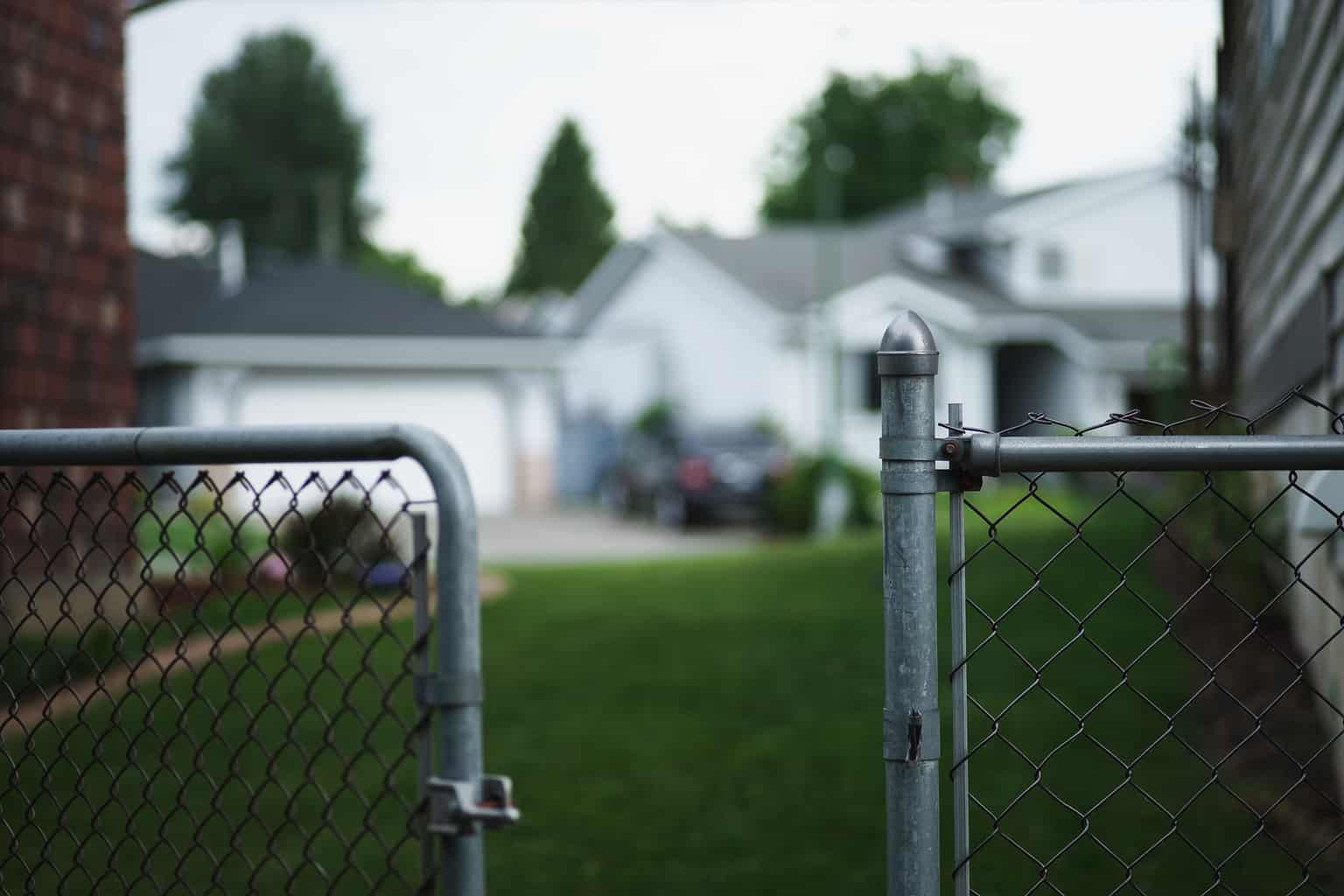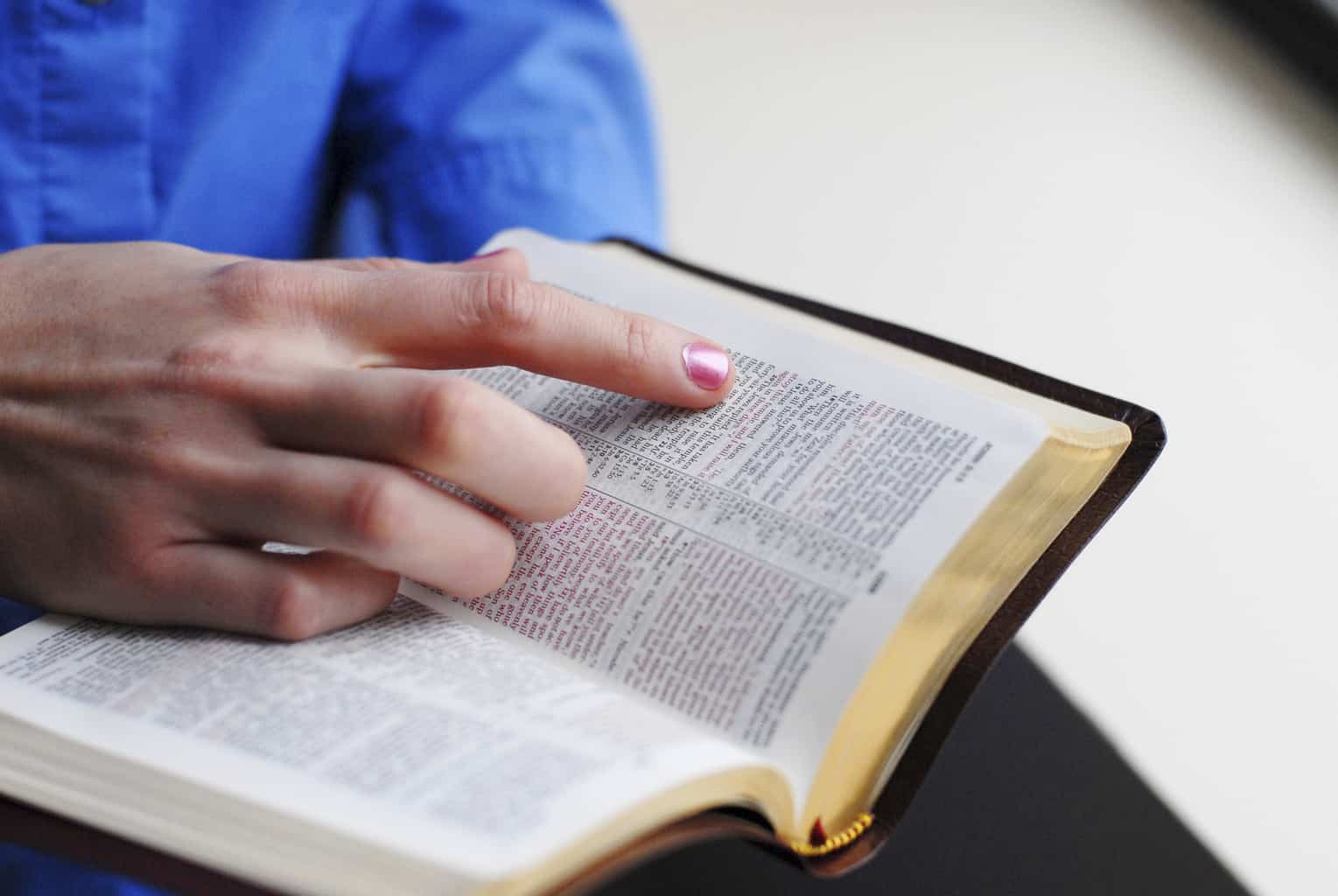
I recently heard the quote, “No one can beat you at being yourself.” I thought about that sentiment for a while. I thought about all the times I said someone was better than me or thought it silently. I recalled the times I admired others publicly while silently putting myself down. And it’s not just the comparison that was an issue: It was the fact that I began loving others and hating myself.
I secretly started trying to be like those around me. There were times I would style my hair like others, and I hated it. Or I would wear clothes that I didn’t like because they looked good on someone else. And while these changes may have given me a boost of happiness, it was short lived. In fact, the more I tried to be like others, the more unhappy I became with myself.
Why is it that we live our lives trying to imitate those around us? Why is it that we can learn to love others so quickly but can’t seem to love ourselves? I’ve recently discovered that if we can’t love ourselves, then we can’t truly love anyone else.
When the Pharisees and Sadducees approached Jesus, they questioned Him about the greatest commandment. Jesus’ response was, “You shall love the Lord your God with all your heart, and with all your soul, and with all your mind. That is the first and greatest commandment. The second is like it, ‘You shall love your neighbor as yourself.” The whole Law and the Prophets depend on these two commandments (Matthew 22:34-40).
Reading this familiar passage of Scripture, it becomes easy to summarize it as love God and love your neighbor, and to skip over two significant words: as yourself. Although we may sometimes feel insignificant, Jesus included us in the second greatest commandment!
What does this mean for us? Theologians have stated that this means to love our neighbor selflessly and look out for their best interest. But through prayer and devotion, I believe God wants us to know that self-love is also essential. There is an order to love that enables us to love each other effectively. When we love God, we will love ourselves. And when we love ourselves, we will adequately love others.
How to Love God
It seems simple enough. God is the creator of everything. What’s not to love about God? So often, we look at God through our circumstances. If a loved one dies, we may question God. If we get in trouble, we may think that God left us. If we haven’t received something from God, we may feel forgotten.
Loving God is about so much more than our circumstances. It’s been helpful to think of loving God as loving a person. We have to understand their likes, dislikes, and abilities. We spend time with this person, and the more time we spend, the more they reveal themselves to us. The same is true of God. The Bible says we can draw near to God and He will draw near to us.
In the Bible, it states that the best way for us to love God is by abiding by his law. John 14:15 records Jesus saying, “If you [really] love Me, you will keep and obey My commandments.” Obedience to God is the physical expression of our love for Him. So what are God’s commandments concerning us? The Bible is full of them. Here are a few that have stuck out to me concerning love:
“Whoever has my commandments and keeps them, it is he who loves me. And who loves me will be loved by my father, and I will love him and manifest myself to him.” John 14:21
“So be very careful and watchful of yourselves to love the Lord your God.” Joshua 23:11
Once we learn to express our love to God for all that He is and express that love through our obedience, we are ready to love ourselves.
How to Love Ourselves
Self-love is obviously not always the most natural concept to grasp. But once we learn about being obedient to God’s commands, we can look to the Scriptures to help us see ourselves in light of the way God created us.
Psalm 139:14 says, “I will give thanks and praise to You, for I am fearfully and wonderfully made; Wonderful are Your works, and my soul knows it very well.”
We are all God’s creation, and His creations are perfect for His purposes. “Wonderfully made” in Hebrew translates to “palah,” which means distinguished, made marvelous or set apart. We stand in awe of God’s creation when we look at mountains reaching to the sky, oceans with depth unknown and flowers that color the fields. It’s easy to recognize them as God’s set apart marvelous creations. But when it comes to ourselves, we have difficulty believing that we are an even more spectacular creation.
God has created us in His image, and He breathed into us. We have DNA comprising our Spirit. And after the fall of the world, we were redeemed by Christ not just to salvation, but to God’s original idea for us.
It’s because of our identity in Christ we align with God’s purpose for us and can indeed begin to see ourselves as God see us. It’s work, but the revelation causes for self-love to become a natural reaction and an extension of our worship of God. We stand in our authentic identity as children of God and understand that He made no mistakes when He created us.
How to Love Our Neighbor
Finally, once we have learned to love ourselves, we can learn how to genuinely and selflessly love our neighbors. Loving our neighbors as we love ourselves starts to take on new life when we realize their identity is rooted in the same Creator.
Wanting the best for our neighbor becomes wanting what God wants in their life. Our approach goes from external factors to a matter of caring for another’s spirit. Our unique difference becomes more about God and his multifaceted spirit reflecting through creation. So the correct way to love our neighbor is not a comparison, jealousy or envy disguised as admiration. The proper way to love our neighbor by realizing they are an essential part of God’s plan to execute his will just like us.
In his letter to the church of Corinth, Paul teaches that we are all one body with many functions and we are interdependent. We are interdependent on our similarities and our difference. That is what healthy love looks like. It’s loving our neighbor without tearing ourselves down. It’s wanting the best for them, praying for them and being complementary to their identity by being ourselves.
We may not get it right today or tomorrow, but rest assured, God has taken care of our needs for self-love. He has provided His word for us to rely on when it comes to an understanding of our identity and worth as His children. If we recognize not loving ourselves properly and therefore not honoring God or genuinely loving our neighbor, we have a reference. Let us remember that the greatest commandment is to love God with our entire being, and the second greatest is to love our neighbor as we love ourselves.






















